Doing an ant PhD: Paloma Alvarez-Blanco
Paloma Alvarez-Blanco comes from Asturias, a mountainous area near the coast of northern Spain, where she was born 35 years ago. She is passionate about nature, loves hiking, and enjoys contemplating the landscape, whether it spans
An Interview compiled by Émiline Favreau, Patrick Krapf, and Felix Oberhauser

MNB: Hi. Thank you for taking some time to give an interview. Let’s start with somethin easy. In which year of your PhD studies are you now?
PAB: I actually finished it few months ago.
MNB: Oh wow, and what was the topic of your PhD thesis?
PAB: The effects of the invasive Argentine ant on the ecosystem, with focus on vertebrates.
MNB: Wow. And why ants?
PAB: Why not? Ants are involved in various interactions, and I am interested in ecological interactions. The more I get into ants, the more amazed I am by them, by their diverse behaviors, and by their use of an astonishing chemical arsenal.
MNB: How do you feel about fieldwork?
PAB: I love it, and I have missed it a lot during the last part of my PhD, which was mainly sitting in front of a computer.

Paloma collecting pitfall traps at Doñana National Park (2013). (© Beatriz López) 
Paloma (left) and María Riesco (right) collecting amphibian larvae with a fishing basket at Doñana National Park. (© Oscar González-Jarri) 
Paloma ready to collect amphibian larvae at Doñana National Park.(© Alex Bertó) 
Paloma collecting ants.(© Tali Reiner)
MNB: Do you enjoy identifying ants using a key?
PAB: I am not an expert identifying ants and using a key is essential to me.
MNB: And do you enjoy working in the wet lab?
PAB: I have done it quite often during my PhD, and I feel comfortable, but still I always prefer fieldwork.
MNB: Have you ever been involved in any of the -omics approaches, and what was your experience?
PAB: I have not studied -omics approaches yet.
MNB: Regarding your statistics knowledge. Did you acquire it in university courses, from your supervisor, or on your own?
PAB: I took “old school” statistics lessons (without using computers) during my first years at university. This knowledge was completely forgotten at the time I really needed it later during my master thesis. Luckily, I took some good statistics courses during my PhD, I got help from my supervisor, colleagues and sure, I also learned a lot on my own.
MNB: For you personally, what is the ideal frequency of meeting your supervisor for discussing your research: daily, weekly, monthly?
PAB: We did not have a fixed schedule for meetings. I feel lucky because my supervisor was always available to discuss any results, doubts, or ideas.
MNB: If you have a great idea, how do you find out if it’s really great: sitting down and thinking, discussing with your supervisor, discussing with colleagues from the group, discussing with someone not into science?
PAB: If I have an idea (doesn’t have to be a great idea…), I discuss it with my supervisor and with colleagues and less often with someone not into science –which I might want to do more often–. It is essential to hear different points of view, to test how good an idea is, and how feasible it is to carry it out.
MNB: How many papers do you read in an average week?
PAB: It varied a lot depending on the stage of the PhD I was in. During the field or lab work, I used to read less, and more during the writing period.

MNB: And in an ideal world, is the working group you belong to small or large?
PAB: It is large enough to be diverse and to allow more points of view and enrichment, but smaller enough to allow social support and sharing of ideas.
MNB: Ideally, is your uni close to your fieldwork site or in an urban area?
PAB: It is close to my fieldwork site (or close to any field site).
MNB: I think so too. Slightly different not: Have you profited more from attending conferences with narrower or with broader scope?
PAB: In general, with narrower scope.
MNB: What is most relevant to you at a conference: attending talks, giving a talk, meeting senior scientists, meeting other students?
PAB: A bit of everything. Meeting senior scientists is always a plus.
MNB: So true. And did you ever participate in a science slam and if so, what was your experience?
PAB: I have not participated as a speaker in a science slam but in science fairs instead. It consisted of disseminating science by involving the public – from high school to families – and it was a rewarding experience. I think science should not just be restricted to researchers and more effort should be put on reaching a broader public. What is unknown can hardly be respected and preserved.
MNB: If you would get 100,000 Dollars to spend for your research project, what would you do with it?
PAB: I would go on with some of the results I found really interesting along my PhD: the venom of the Argentine ant. I would study the relationship between venom and invasiveness.
MNB: What helps you best in your spare time to relax from work?
PAB: To escape to somewhere in nature, yoga, hiking, swimming, climbing and, for sure, friends.

Lab-team headed by Dr. Abraham Hefetz (left) collecting Cataglyphis ants in Israel, during Paloma’s short stage at Tel Aviv University. (© Paloma Alvarez-Blanco) 
Paloma during the field work at the Rambla Costanera in Uruguay, marking a pitfall trap, 2017. (© Lucía Moreira) 
Checking nest-boxes to study the effect of the Argentine ant invasion on the great tit reproduction at Doñana National Park. (© Elena Angulo) 
Collecting and identifying ants at the XI Iberian Congress of Myrmecology in Murcia, 2016. (© Xim Cerdá)
MNB: How do you celebrate successes like getting a paper accepted, a proposal granted, or the like?
PAB: Inviting the “Ant-group” to take a beer or “tinto de verano” together.
MNB: Sounds lovely. And if you have a period of low motivation, what is your personal trick to get over it?
PAB: Talking to friends and going on weekend field trips to renew energy.
MNB: What do you do to get over frustration about what you consider as unfair criticism by a reviewer?
PAB: Breathing, and letting off steam by talking to colleagues.
MNB: What is the one thing you would do differently when starting your PhD thesis again?
PAB: Taking my spare time more seriously.
MNB: I can relate to that. And would you like to stay in science?
PAB: Yes. I have just finished my
MNB: If you will be supervising PhD students yourself, what will be the most important thing you will expect from your students?
PAB: To be curious and tenacious. If you are curious, you will ask questions and you will dig to find answers. Since a PhD is a long-distance race, perseverance is also very important.
MNB: And what will be the most important thing you will want to take care of in supervising?
PAB: To keep the motivation high. Motivation is the engine.

MNB: Original article or review article?
PAB: Original article.
MNB: Reading or writing?
PAB: A combination of both.
MNB: Writing or reviewing?
PAB: Writing.
MNB: Reviewing or considering criticism by someone else?
PAB: Tricky. I have not reviewed a paper formally yet, but I guess it depends on the criticism I get.
MNB: The first or last 5% of time you spend with writing a manuscript?
PAB: Tough question… the first 5% I am highly motivated but scared by “the blank page” so I would say the last 5% which means the manuscript is nearly finished. 🙂
MNB: Informative or sexy paper title?
PAB: Why not both?
MNB: Table or figure?
PAB: Figure.
MNB: Web of Science or Google Scholar?
PAB: Web of Science for reviews on specific topics and Google Scholar for specific papers.
MNB: Journals financed by the author (open access) or the reader (subscription)?
PAB: Open access but cheaper fees.
MNB: Windows, OS, or Linux?
PAB: Thanks to my PhD supervisors: OS.
MNB: Command-line or graphical-user interface?
PAB: It depends, usually graphical-user interface, but I got used to the command-line in R.
MNB: Mouse or touchpad?
PAB: Touchpad.
MNB: Facebook or Twitter?
PAB: I only use Facebook, but less and less frequently.
MNB: Bus or bike?
PAB: Bike.
MNB: Breakfast or dinner?
PAB: Breakfast.
MNB: Sun or rain?
PAB: Both (laughing).
MNB: Diploid or haploid?
PAB: Haplodiploid 😉
MNB: Sting or acid?
PAB: Acid.
MNB: Social parasite or host?
PAB: (Laughing) Social parasite.
MNB: Your favourite ant paper?
PAB: I could not cite just one
MNB: Your favourite ant?
PAB: The one my 6-year-old niece drew for me… just kidding. I was fascinated by leaf-cutting ants, but still have a lot to see.
MNB: …and if in another life you would be an ant, what ant would that be?
PAB: I have never imagined myself as an ant until now, it is a funny idea! If I had to choose, I may be a major of Messor barbarus, which brings me back nice memories from my childhood.
MNB: Thank you so much for this nice interview.
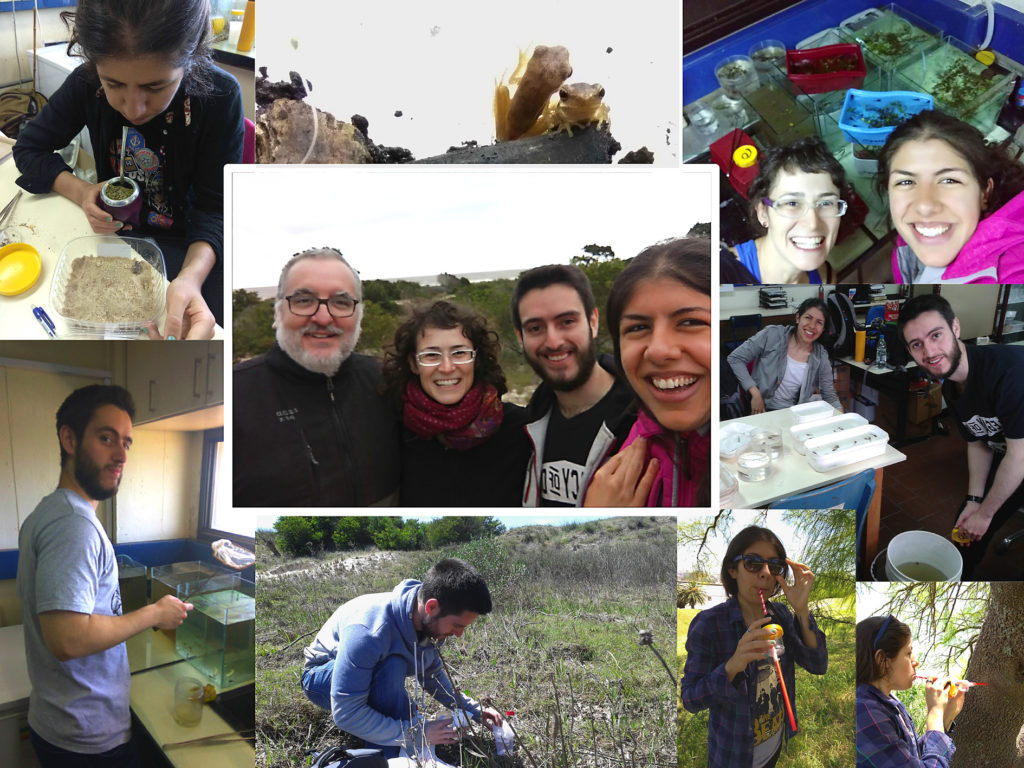

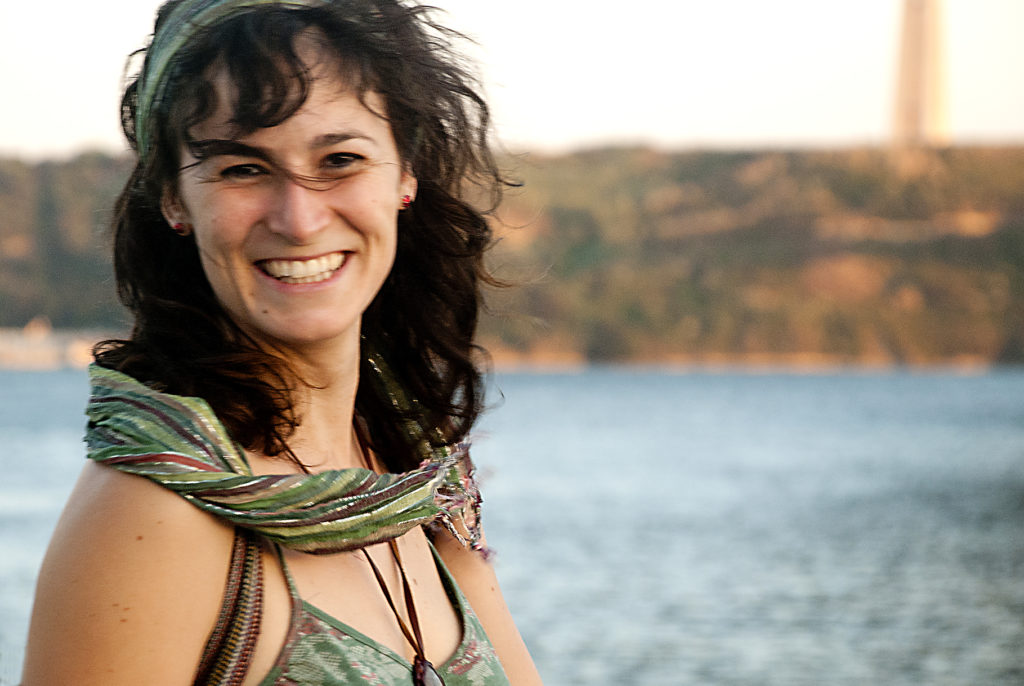




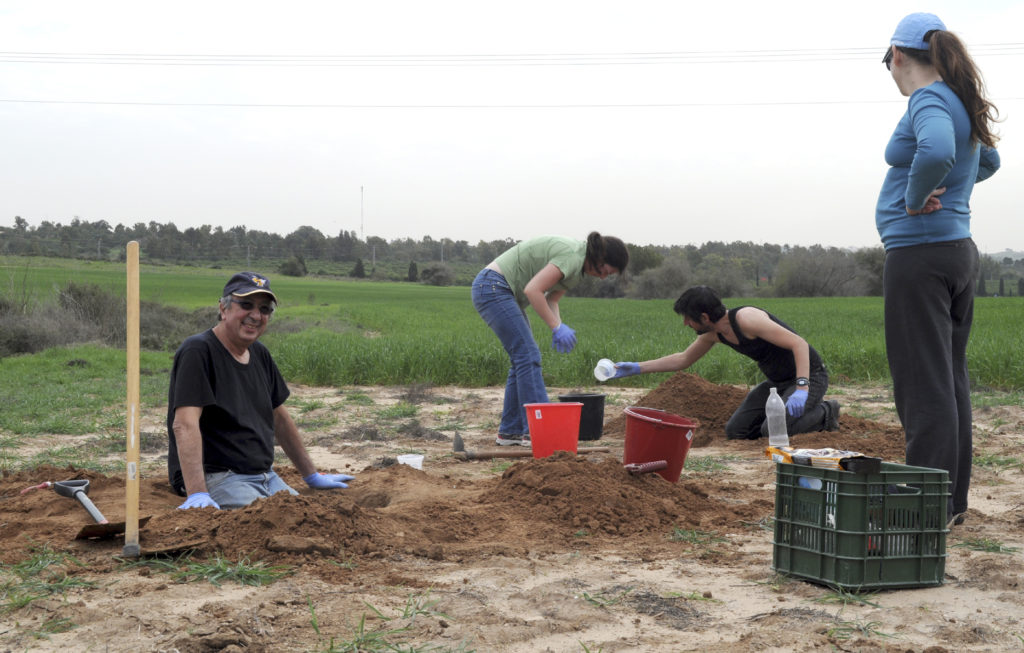




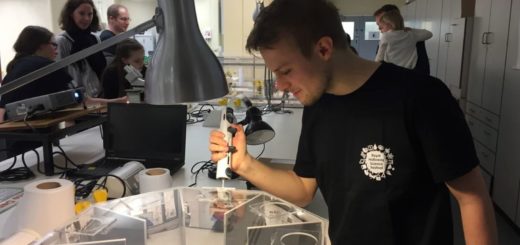
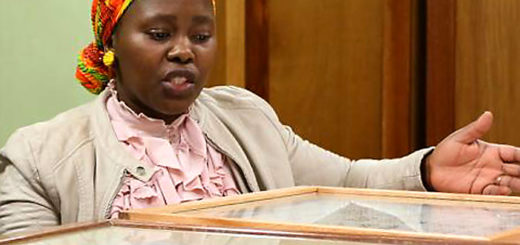
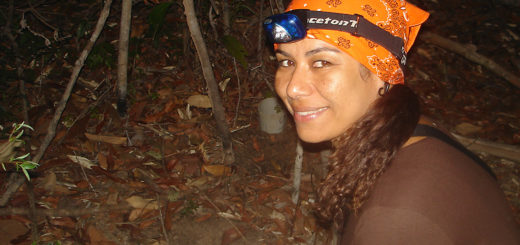
Recent Comments